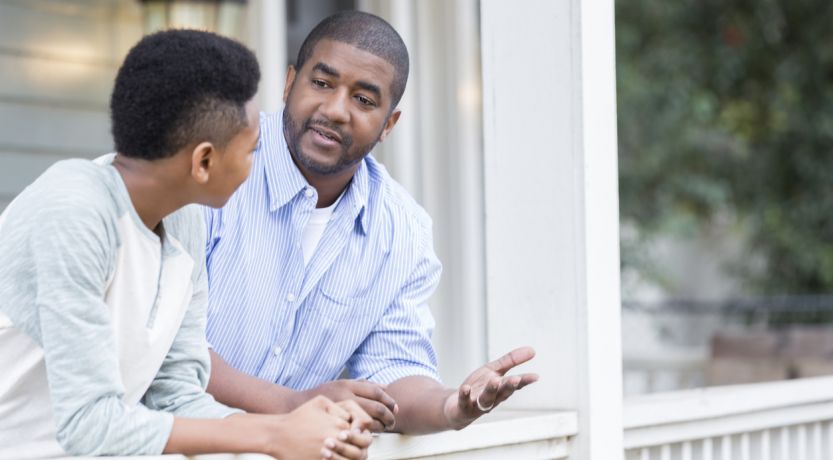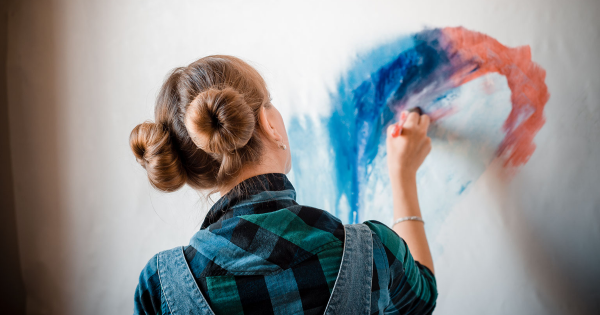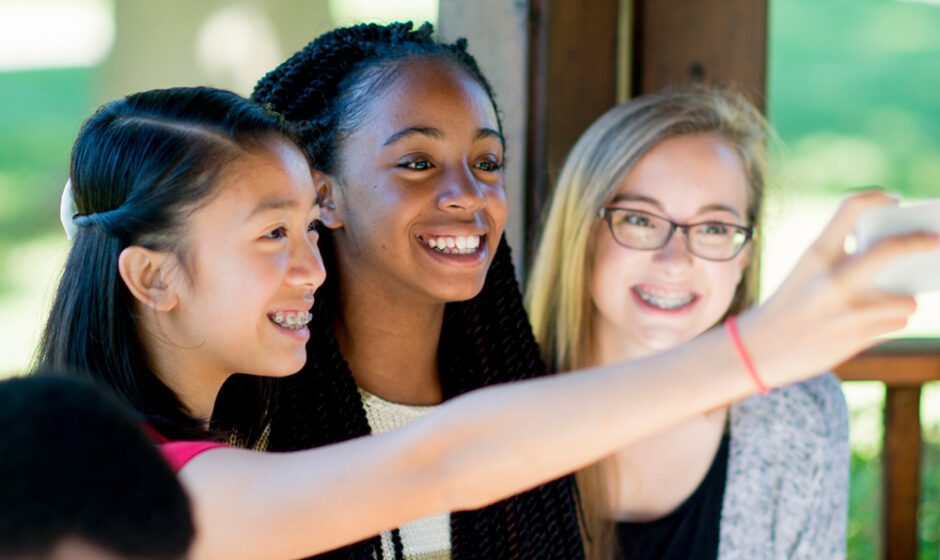The teenage brain is one of the major objects undergoing brisk changes. Teenagers are empowered with opportunities to develop our brains through the activities we choose to take part in. Studies have shown that it is not something over and done with but a work in progress. This implies that we could affect and influence how our brains are wired and sculpted. We can do a lot with our brains that will surely serve us for the rest of our lives. During our developmental years, it has the capacity to be skilled in different areas, an added advantage is the extra special growth it undergoes during the pre-teen and teen years, which gives it a lot of power. Like we said, our newly developed thinking skill is one of the thrilling aspects of our development, though it may not be simultaneous with other changes we are going through.
These developments help us to analyse situations we are going through by providing multiple options and possibilities. We are also empowered to think about tomorrow, to scrutinise our options and to start setting personal goals of what we want to become. Intellectual fitness which includes the ability to reason well, solve problems, think outside the box and reflect on the future. Our cognitive capacity develops throughout the teenage years.


With our brains evolving, it’s of great significance to introduce mentorship and guidance into the picture. It’s been shown that involvement and help from our guardians are helpful when making career and relationship-based decisions. As teenagers, we have figured out that we need guidance, discipline and compassion. We would not want to be treated like children with decisions, personal convictions and opinions forced on us. Our maturity is a journey and not an ending process.
All teenagers need the opportunity to exercise their new found skills. We would also want our parents and older folks to be patient with us, because we sometimes go off the mark and argue blindly. Someone once suggested (and I quite agree with him) to never criticise a teenager’s reasoning, but to instead try to build trust by listening to what he/she has to say. A good rule of thumb is to find out how the thought or conclusion put forward is arrived at. It is also vital to find out and reinforce the realistically-positive aspects of what has been said. There are times we will find fault with adults’ opinions – our parents and loved ones inclusive – nevertheless our criticism and melodrama should not be taken to heart, or alter set boundaries and the firmness of their discipline. It is not enough that our new thinking skills are understood, but that our parents and caregivers help us in making the best use of them.
Here are three suggestions and submissions we have discovered that really apply to us;
- In order for us to take into account our opinions and their consequences, people should ask us questions that will push us to think and debate
- Depending on how trustworthy we perceive people to be, we might bring up certain issues and topics that we need answers to, it would make a great difference if we are given a deeper understanding as well as accurate and real-life information
- Our creativity is enhanced when we take the courage to take some steps. It would be a fall out if our thoughts and ideas are jeered and criticised more than ever by others/ if our thoughts and ideas are publicly jeered and criticised.
It’s important for people to understand that for some of us we experience greater emotional satisfaction when the risks we take bring the results we desire.
Our friends and peers really influence what we do, the kind of activities we engage in, our behavioural forms, etcetera. What we need is a provision of fact-based information. It is important we are allowed to strike out in different directions; I mean try out our hands on a lot of activities but boundaries should be set for us, since our actions matter.
We need the opportunity to learn in ways that stress our different abilities and increase our chances of success. We should be encouraged to be creative and innovative even if we make a lot of mistakes in the process.
We really need the opportunities to practice and discuss realistic decision-making. We need the benefits of futuristic thinking, of being able to anticipate difficult situations and making sensible plans. We love hanging out with our friends for sure but we need those who share in our values and beliefs. Life lessons on how to choose between competing pressures and demands is very much needed.
An environment that causes us to challenge ourselves and encourages us to take responsibility for our decisions will go a long way. Here is a fact, our brain developments often make us feel as if we are centre stage, the focus of preying eyes that scrutinise what we do as well as what we wear. We love to be involved in things that hold our interests; although finding outlets for these kinds of activities is sometimes a challenge. In developing a sense of value and characteristics termed decent behaviours, we would rather be taught via demonstration/modelling than be preached to. I had a friend whose dad was punctual to a fault – he still is, despite the prevalence of Nigerian/African time – he abhors tardiness and always seems sensitive and organised towards his schedules. We are in dire need of role models that have built their lives on solid morals/role models whose lives are hinged on strong morals. We expect virtuous qualities to be modelled in us through the examples we observe. Even though, the responsibilities, rights and expectations of teenagers today are very different from what they were years back, certain major issues still remains the same.



